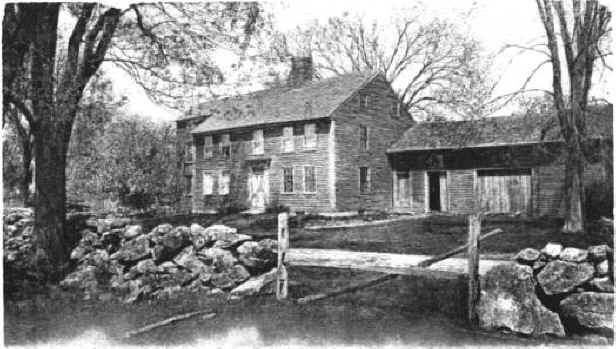Colonel James Barrett was the provincial commander at Concord during the Battles of Lexington and Concord, who held the North Bridge and successfully repelled the British regulars. It was his farm that was used to store many of the ammunition for the provincial military in the end.

James Barrett was an influential leader around Boston and has many descendants who still live in the area.
Jump to:
Colonel James Barrett Facts: Ancestry
Colonel James Barrett was in his mid-60s when the British marched on Concord, and like many of the men who serve with him, he was not a first-generation colonist. The Barrett family had lived in Massachusetts Bay since 1660 when James's great-grandfather, Humphrey Barrett Sr, immigrated from England to Massachusetts. The Barrett arrived in Massachusetts Bay just 32 years after the Puritans.
The Barrett family would quickly establish much influence. James's grandfather, Humphrey Barrett Jr, was a popular deacon and served in the local militia. Humphrey's son, Benjamin Barrett, would marry into another old Massachusetts family when he married Lydia Minot. James would be their middle son, and his siblings would also rise in influence.
Colonel James Barrett Facts: Concord and Legacy
Captain Barrett knew the British were coming. He was alarmed by Dr. Samuel Prescott in the early hours and had heard of what happened in Concord. Barrett prepared his men at the North Bridge and waited for the oncoming British. When the British arrived, they were stunned by the decisive action and deadly accuracy of the provincial men under Barrett.
Their actions threw them into confusion, and they used tactics that were only employed by the most amateur of commanders. Barrett's men poured in devastating volleys and sent the British into retreat. These British would be harassed at every turn by the Massachusetts militia.
Like his peer, John Parker, Colonel James Barrett did not survive to see America gain its independence. He died in 1779.
Colonel Barrett's house became a national historic landmark and part of the Minute Man National Park in 2009.
